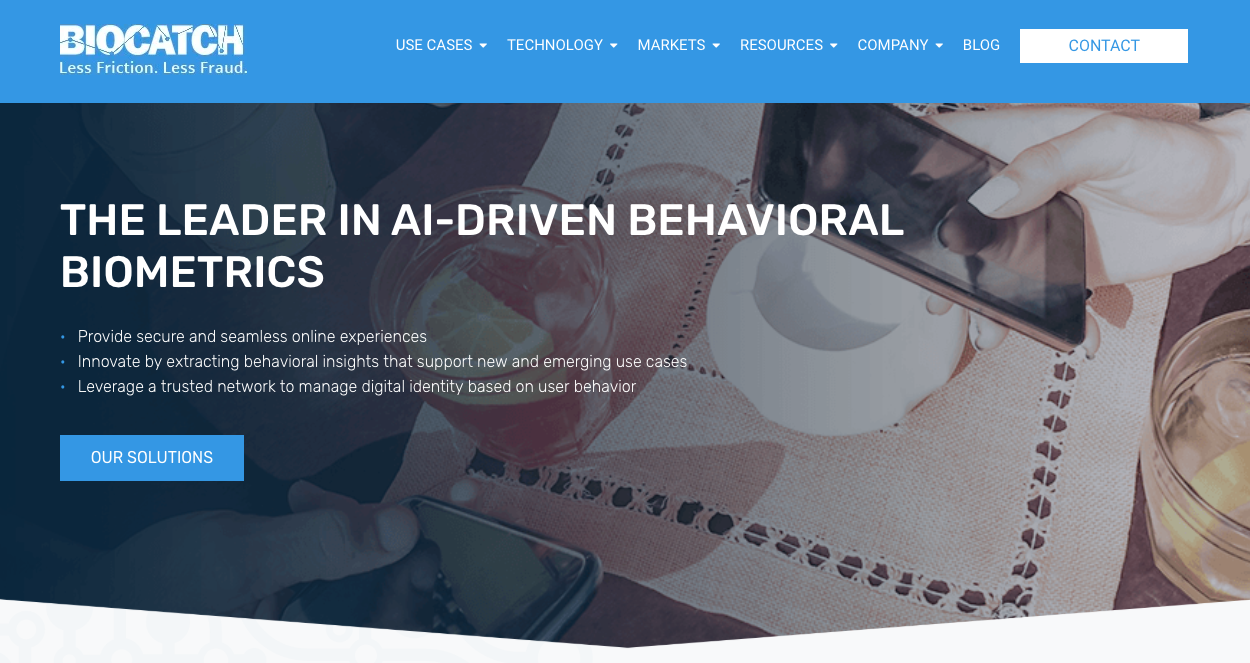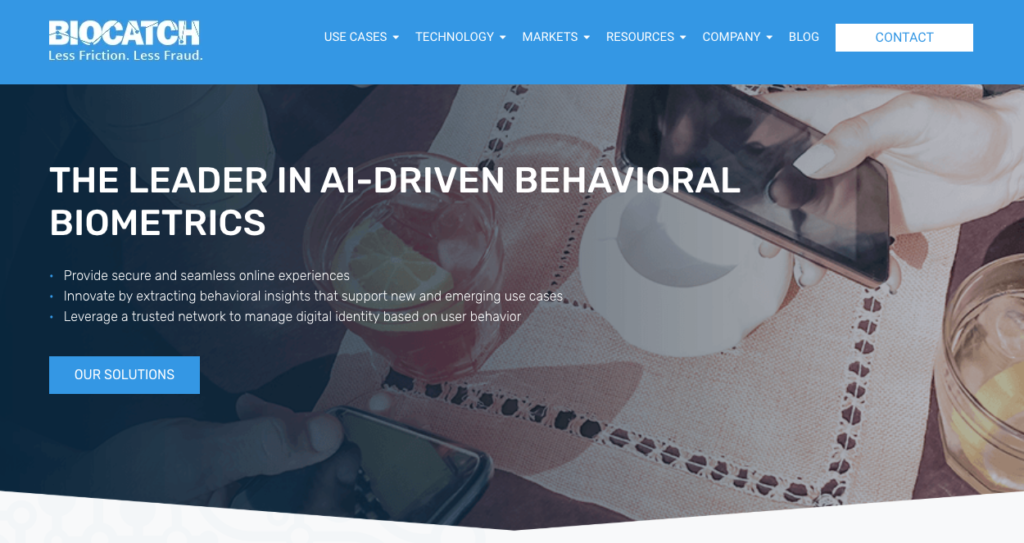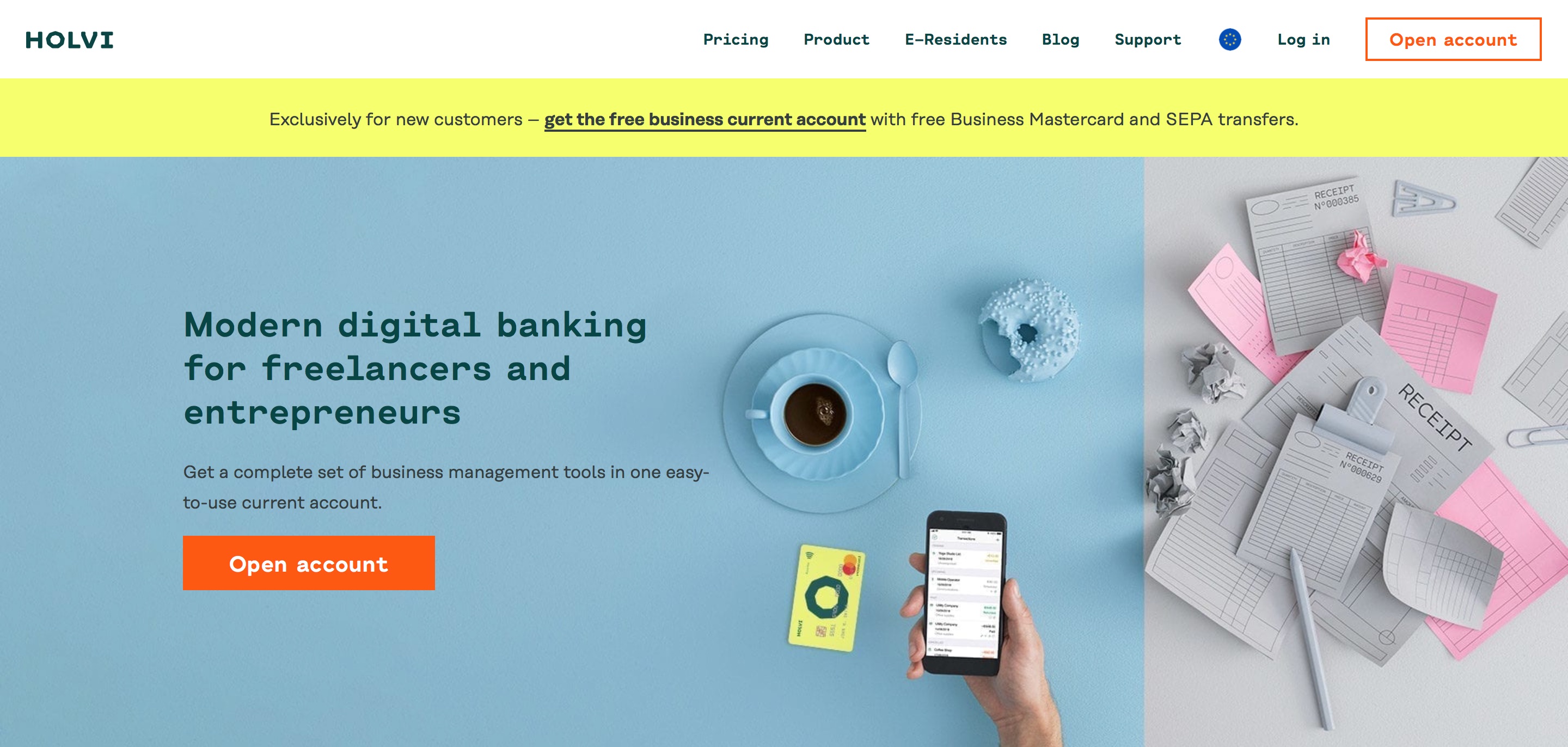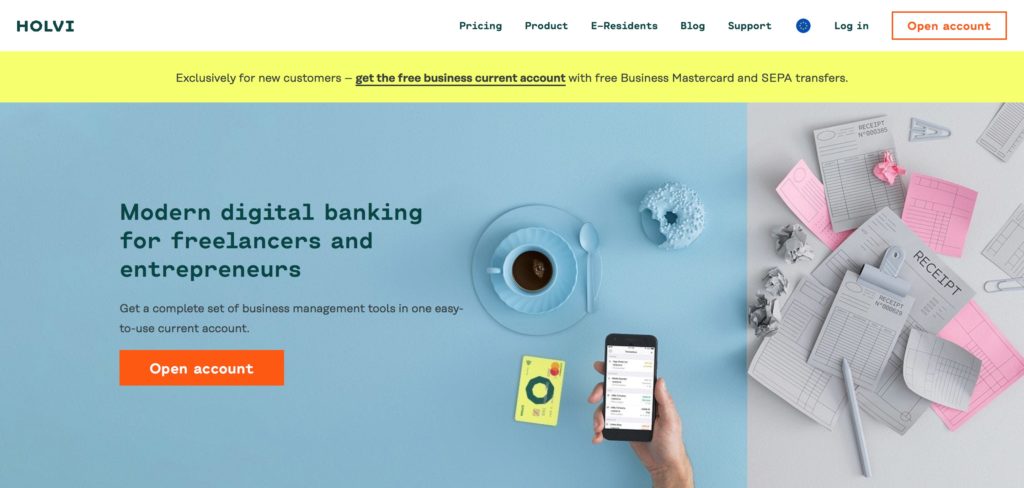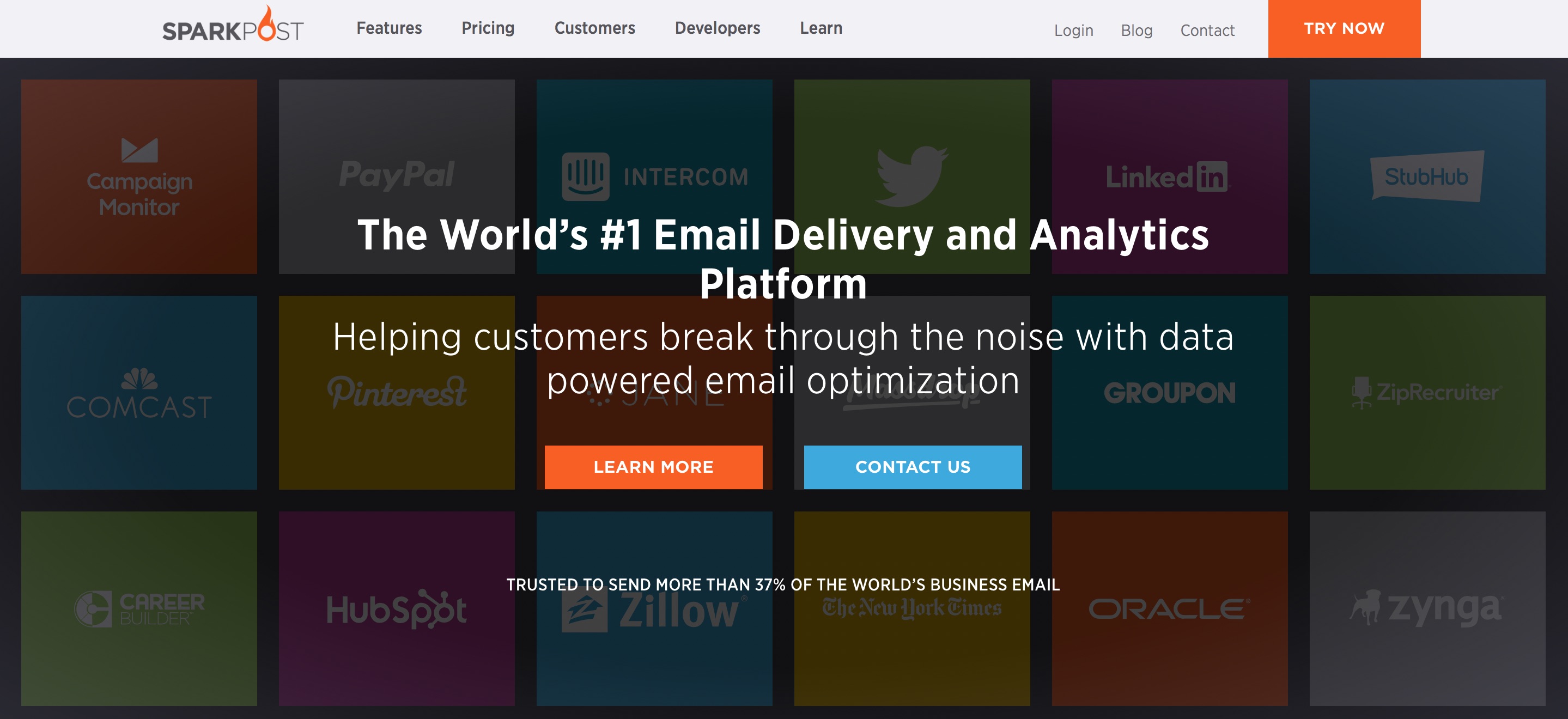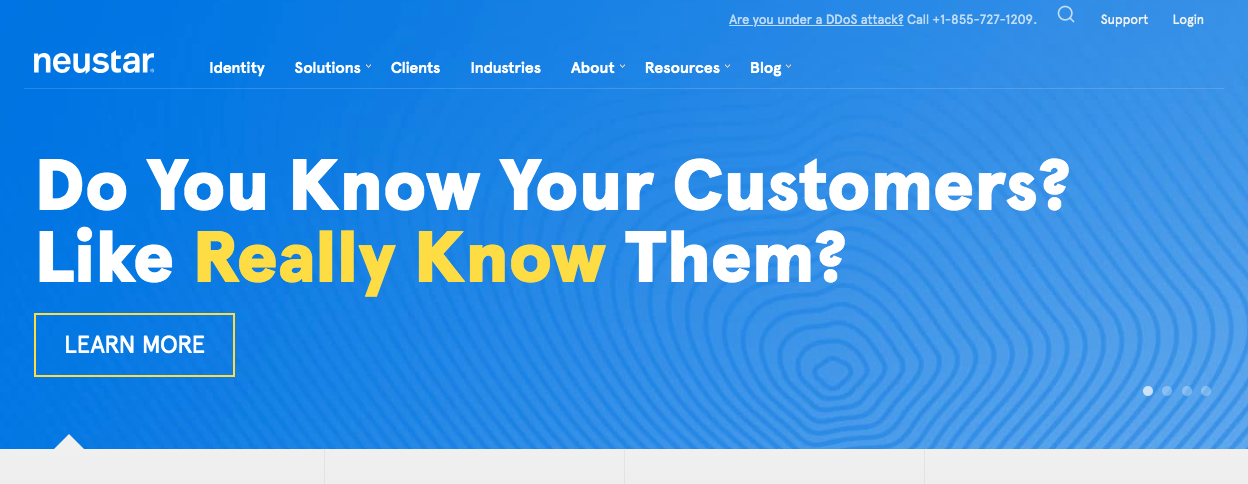
As Finovate goes increasingly global, so does our coverage of financial technology. Finovate Global: Fintech News from Around the World is our weekly look at fintech innovation in developing economies in Asia, Africa, the Middle East, Latin America, and Central and Eastern Europe.
Sub-Saharan Africa
- DisruptAfrica profiles TeamApt and its role as the “go to” fintech startup for Nigeria banks.
- Nairobi, Kenya-based CarePay International raises $44.7 million (€40 million) for expansion into new markets.
- expressPay goes live with Visa on mobile in Ghana.
Central and Eastern Europe
- Austrian fintech Bitpanda launches gold and silver trading on its platform.
- Revolut announces plans to pursue banking license in Russia.
- Nayax introduces its new cashless payment integration, the Bluecode payments solution, in Austria and Germany.
Middle East and Northern Africa
- Visa teams up with Bahrain FinTech Bay to drive fintech innovation in the country.
- Saudi Payments inks memorandum of understanding to introduce QR code-based national payment system in Saudi Arabia.
- National Bank of Bahrain (NBB) says it is the first MENA-based bank to launch an open banking offering.
Central and Southern Asia
- PayPal India unveils its OneTouch feature which, integrated with Google Smart Lock, enables users to register their Android device with PayPal and remain logged in for all subsequent PayPall purchases on that device.
- Mastercard pledges partnerships with Indian fintechs via its India Investment Fund.
Latin America and the Caribbean
- Descendants of the Medici banking family launch a digital bank, Medici Bank, in Puerto Rico.
- Japan’s SoftBank invests $20 million in Mexican payments innovator Clip.
- Scotiabank’s fintech accelerator, FactoryA, introduces its incoming cohort of startups from Chile, Colombia, and Mexico.
Asia-Pacific




